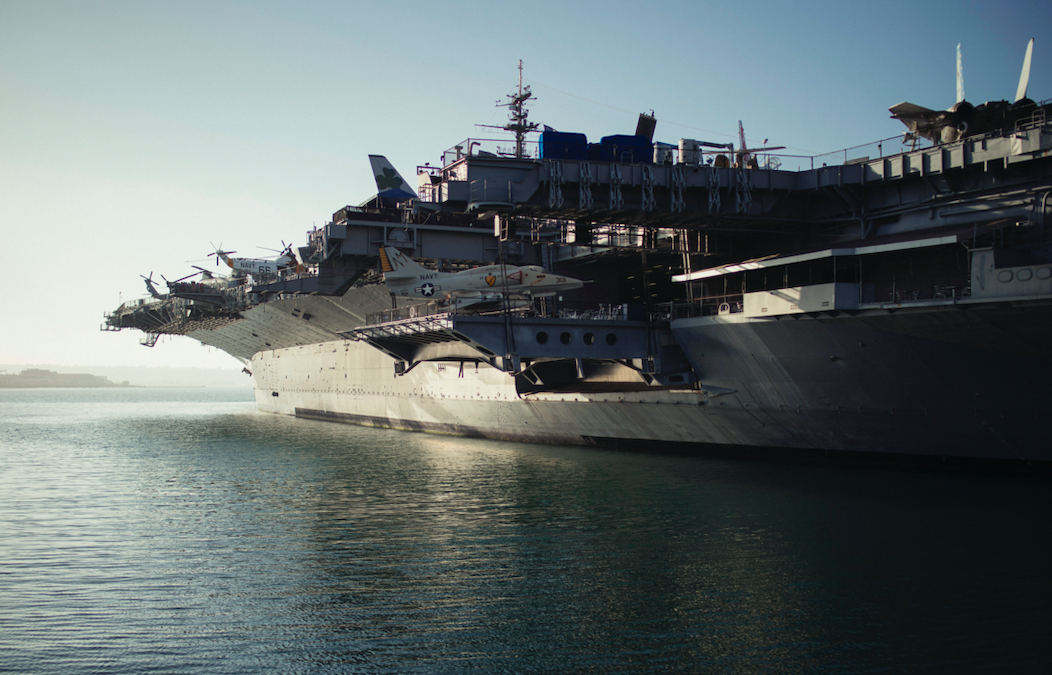The Background:
Captain Crozier was, until recently, the commanding officer of the USS Theodore Roosevelt, a nuclear powered aircraft carrier in the United States Navy with about 4,800 sailors. The controversy began when Captain Crozier became concerned with the on-board spread of the COVID-19 virus and the ship’s capability of dealing with the situation while performing its Navy mission.
Captain Crozier was concerned for the health and safety of his sailors.
Affected crew members were evacuated and the ship was ordered to Guam. The captain wanted most of the crew to be removed from the ship to prevent the spread of the disease… but his superiors balked.
After several days, Crozier e-mailed three of his superior officers and seven other Navy Captains, outlining a plan for the ship to be largely evacuated because the virus could not be contained on board. The letter was leaked to the press, and the next day the Navy ordered most of the crew to be taken ashore, but Captain Crozier was relieved of command (fired) by Acting Secretary of the Navy, Thomas Modly.
The Questions:
Did the Captain do the right thing?
Did the Acting Secretary do the right thing?
The Answers:
The Captain – yes.
The Secretary – NO.
Captain Crozier did the right thing because he followed Rule No. 1 of ethical leadership:
Look out for the interests of your stakeholders.
In his case, the stakeholders were the sailors. He made his decisions with no concern for his own interests. I mean, he must have known that his letter would not be well received in a highly structured military environment. But he obviously didn’t care. Because in his mind, the sailors’ welfare came first. This is ethical leadership.
In the case of the Acting Secretary’s leadership, he violated Rule No. 2 of ethical leadership:
Protect those who do the right thing.
In effect, Captain Crozier was a whistleblower. He didn’t like the Navy’s initial response and he found a way to say so.
The Message:
So, what can we learn from the USS Theodore Roosevelt story?
- Ethical leaders always put the interests of the team before their own.
- Ethical leaders always protect those who put team interests before their own.
Ethical leadership doesn’t have to be complicated.
Want more on ethics? I’m available for virtual Ethics CPE events in 2020. Email me at Jo@AuditConsultingEducation.com to get on my calendar!
Amanda “Jo” Erven, CPA, CIA, CFE, is the President and Founder of Audit. Consulting. Education. LLC. After a successful career in external/internal audit and accounting, Jo is now an active Internal Audit Strategist, Management Consultant, Higher Education Professor, Author, and Trainer/Speaker, providing Continuing Professional Education (CPE) hours, live and virtually, to organizations across the globe. Jo’s motto says the most about her personal and professional outlook: “Good things come to those who wait… but don’t. You deserve better than good.” Every one of her books and presentations focuses on that proactive stance, and how we can immediately connect our actions to our values.


